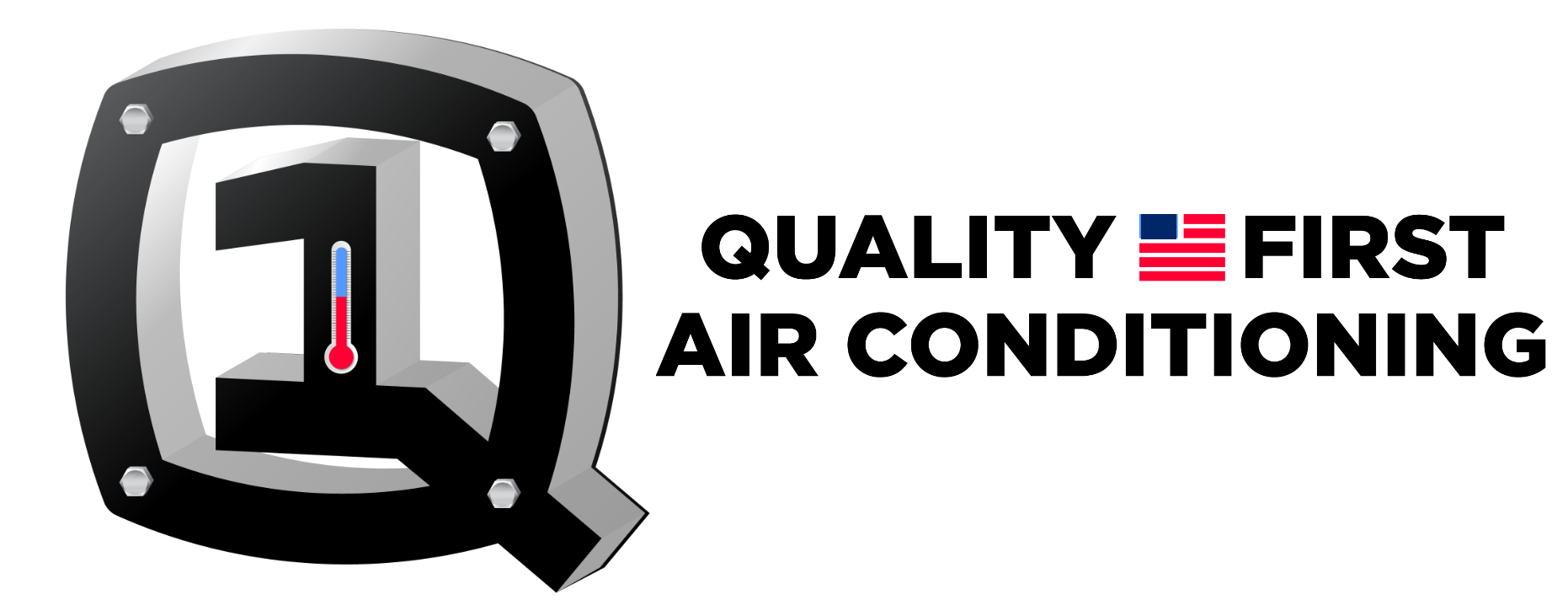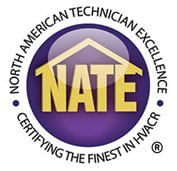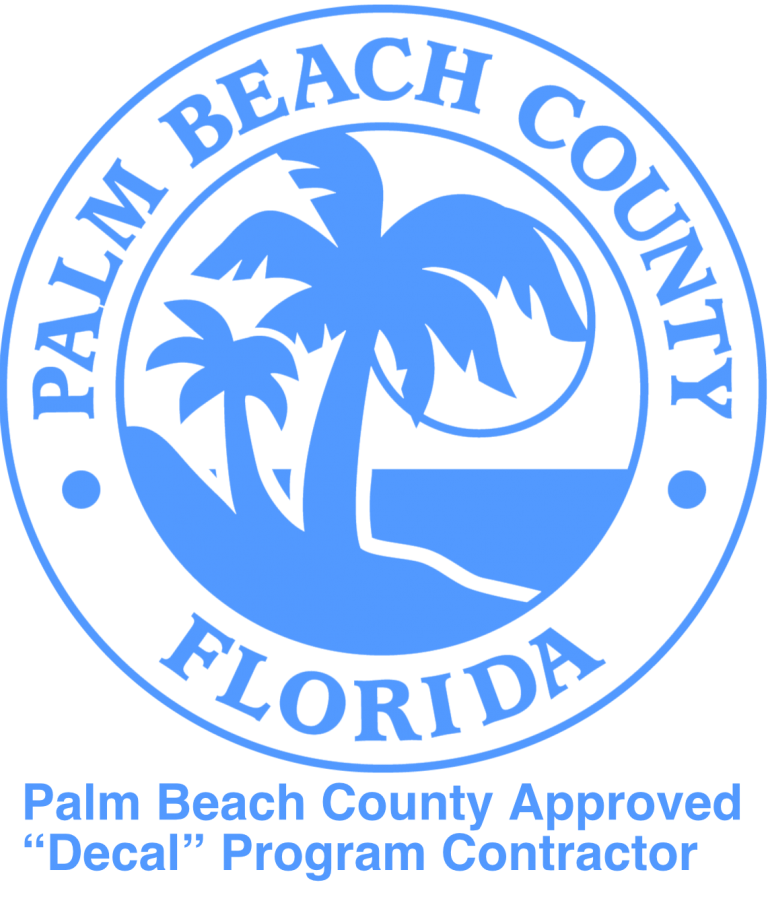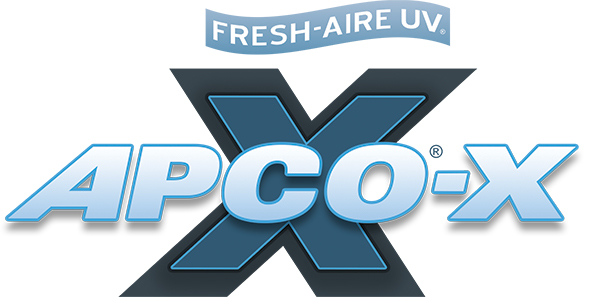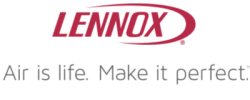Air conditioning repair is crucial for keeping your home cool and comfortable, especially during the hot months. Knowing when to call in the pros can save you time and money. Regular maintenance can prevent breakdowns and extend your unit’s lifespan. Understanding common issues helps you identify problems early. You’ll be better prepared to discuss repairs with technicians.
This listicle covers essential tips and tricks for effective air conditioning repair. From DIY fixes to signs you need professional help, we’ve got you covered. Discover how to keep your AC running smoothly and efficiently. Don’t miss out on our top picks for trusted repair services that can get your system back on track. Scroll down for reviews and recommendations!
Key Takeaways
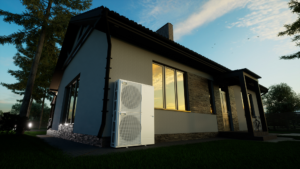
-
Schedule regular maintenance for your air conditioning system to prevent breakdowns and ensure efficient operation.
-
Clean or replace air filters every month to improve air quality and system performance.
-
Consider DIY cleaning methods, like vacuuming the unit and clearing debris, to keep your system running smoothly.
-
Use a programmable thermostat to optimize energy use and maintain comfortable temperatures in your home.
-
Set your thermostat to an optimal temperature, usually between 75-78°F, for comfort and energy savings.
-
Check insulation and seal any leaks around windows and doors to prevent cool air from escaping.
1. Regular Maintenance
Regular maintenance of your air conditioning system is crucial for optimal performance. Schedule routine checks at least twice a year, ideally before the peak cooling season. This proactive approach helps identify potential trouble spots early.
Inspecting and cleaning the condenser coils significantly enhances cooling efficiency. Dirty coils can cause your unit to work harder, leading to higher energy bills. A clean system operates more effectively, maintaining comfortable temperatures in your house and various rooms.
Replacing worn-out parts proactively prevents unexpected breakdowns. For instance, if you notice unusual noises or reduced airflow, these can be signs that components need attention. Addressing these issues early can save you from costly hvac repair later on.
Consider the direction of airflow as well. Ensure that furniture does not obstruct vents. Proper airflow distribution keeps your entire space cool without overworking the unit.
Carrier models often come with specific maintenance guidelines. Following these recommendations ensures longevity and efficiency. Use this information when planning your maintenance schedule to maximize the lifespan of your air conditioning unit.
In summary, regular maintenance is essential for a well-functioning air conditioning system. It saves money in the long run by preventing major repairs and reducing energy costs. By keeping up with maintenance tasks, you ensure comfort throughout the season while protecting your investment in your HVAC system.
2. Clean Air Filters
Air filters play a crucial role in the performance of air conditioners. Changing air filters monthly during peak usage is essential to maintain optimal airflow and efficiency. Clogged filters can restrict airflow, forcing the unit to work harder, which leads to higher energy costs and potential breakdowns.
Using high-quality filters significantly improves indoor air quality. Look for filters that effectively capture dust, pollen, and allergens. This not only enhances the comfort of your home but also reduces strain on the air conditioning system. A clean filter allows the system to circulate cooled air more efficiently.
Monitor the condition of your filters regularly. If they appear dirty or discolored, it’s time for a change. Neglecting this simple task can result in costly air conditioning repairs down the line. According to the U.S. Department of Energy, regular maintenance, including filter changes, can improve an air conditioner’s efficiency by up to 15%.
Consider investing in a new air conditioner with advanced filtration systems if your current unit is outdated. Modern units often come with features that automatically adjust airflow based on filter conditions, making maintenance easier.
In summary, cleaning and replacing filters is a straightforward yet effective air conditioning tip that can prolong the life of your unit while keeping your energy bills in check. Regular maintenance ensures you enjoy the convenience of cool air without unnecessary expenses.
3. DIY Cleaning
DIY cleaning is a crucial step in maintaining your air conditioning system. Regular cleaning can enhance both air quality and system performance.
Dust and vacuum around the indoor unit. This simple action helps to reduce allergens and improves airflow. A clean indoor unit operates more efficiently, which can lead to lower energy bills over the years.
Clear debris from the outdoor unit. Leaves, dirt, and other materials can block airflow. This blockage may cause the system to overheat. An overheated system can lead to costly repairs or even complete failure.
Follow manufacturer guidelines for cleaning. Each air conditioning system has specific instructions. Adhering to these guidelines prevents damage to components. For instance, using improper cleaning agents can corrode parts or void warranties.
Here are some key steps for effective DIY cleaning:
-
Turn off the power to the unit before starting.
-
Remove any visible debris from both indoor and outdoor units.
-
Use a soft brush or cloth for dusting sensitive components.
-
Vacuum around the units to eliminate dust buildup.
-
Inspect filters regularly; replace them as needed for optimal performance.
4. Programmable Thermostat
A programmable thermostat offers significant advantages for managing your home’s cooling system. This device allows homeowners to set specific schedules for temperature adjustments. By programming the thermostat according to your daily routine, you can ensure optimal comfort while saving energy.
Statistics show that using a programmable thermostat can reduce energy costs by up to 10-15%. This is especially beneficial during the warm season when air conditioning usage peaks. For instance, if you program the thermostat to raise the temperature by a few degrees during the day when no one is home, it prevents an inefficient thermostat from running unnecessarily.
One standout feature is vacation mode. When activated, this mode adjusts your home’s temperature while you’re away, further minimizing energy consumption. Instead of leaving your thermostat at a constant cool setting, vacation mode allows you to save money without sacrificing comfort upon your return.
Consider these key benefits:
-
Energy Savings: Automatically adjust temperatures during non-peak hours.
-
Convenience: Set schedules that align with your lifestyle.
-
Cost Efficiency: Reduce expenses when away from home.
Installing a programmable thermostat is a smart choice for any homeowner looking to enhance their air conditioning efficiency. It not only improves comfort but also contributes to lower utility bills and a more sustainable lifestyle.
5. Optimal Temperature Settings
Setting the thermostat to 78 degrees Fahrenheit strikes a balance between comfort and energy savings. This temperature is ideal for most households. It keeps spaces cool without excessive cooling, which can lead to unnecessary energy costs.
Avoid drastic temperature changes. Rapid shifts in thermostat settings can stress the system. This may cause it to work harder, leading to potential breakdowns or inefficient cooling. A regulated temperature helps maintain system efficiency.
Educate family members about the importance of consistent thermostat settings. Frequent adjustments can disrupt the steady temperature in your home, making it uncomfortable. Encourage everyone to understand how their actions impact energy consumption and comfort levels.
Consider outdoor temperatures when setting the thermostat. If it’s hot outside, maintaining a higher indoor temperature can keep your system from overworking. In contrast, during cooler nights, you might adjust the settings lower for night cooling benefits.
Here are some key points:
-
Set your thermostat to 78°F for optimal comfort.
-
Avoid excessive cooling and drastic changes.
-
Educate family members on maintaining consistent settings.
-
Monitor outdoor temperatures to adjust settings accordingly.
6. Insulation Check
Insulation check plays a crucial role in air conditioning repair. Inspecting insulation in attics and walls helps minimize heat transfer. Proper insulation keeps cool air inside, which enhances the efficiency of your air conditioning system.
Look for gaps and cracks in insulation. These openings allow cool air to escape, making your AC work harder. Sealing these gaps can lead to significant energy savings. A well-insulated home can reduce cooling costs by up to 20%.
Consider upgrading insulation materials if your current setup is outdated. Modern insulation options, like spray foam or rigid foam boards, offer better thermal resistance. This upgrade not only improves comfort but also leads to long-term savings on energy bills.
Regular checks of ceiling insulation are essential. Heat rises, so ceiling insulation directly affects how much cool air stays inside. If ceilings lack sufficient insulation, it can lead to higher temperatures in living spaces.
In summary, an effective insulation check is vital for maintaining an efficient air conditioning system. Inspecting and sealing gaps ensures that cool air remains inside while preventing unnecessary energy loss. Upgrade when necessary to maximize comfort and savings.
7. Seal Leaks
Sealing leaks is crucial for efficient air conditioning repair. Identifying and sealing air leaks around windows and doors prevents cool air loss. This simple step can significantly enhance your home’s energy efficiency.
Use weather stripping or caulking to improve the airtightness of your home. Weather stripping is easy to install and can be found in various materials like foam, rubber, or vinyl. Caulking fills gaps and cracks effectively, ensuring that no cool air escapes.
Conduct a blower door test to pinpoint areas needing attention. This test measures the airtightness of your home by using a fan to create a pressure difference. It helps identify specific leaks that may go unnoticed otherwise.
Addressing these leaks saves energy and reduces utility bills. Studies show that homes with sealed leaks can save up to 20% on heating and cooling costs.
Consider adding blinds or shades to reduce heat gain during hot months. This tip not only enhances comfort but also lowers the workload on your air conditioning system.
In summary, sealing leaks is a vital step in air conditioning repair. It improves energy efficiency, saves money, and enhances comfort in your home.
8. Utilize Fans
Ceiling fans significantly enhance summer cooling by circulating cool air throughout a room. They create a wind-chill effect that makes you feel cooler, even at higher thermostat settings. This simple adjustment can lead to substantial energy savings.
Exhaust fans in kitchens and bathrooms play a crucial role as well. They remove excess heat and humidity, which can accumulate during cooking or bathing. By using these fans, you maintain a comfortable indoor climate while also reducing the workload on your air conditioning unit.
Combining fan use with higher thermostat settings can lead to impressive savings on energy bills. For instance, setting your thermostat just 2-3 degrees higher while running ceiling fans can save up to 10% on cooling costs. This strategy allows you to enjoy a comfortable environment without overworking your AC system.
Here are some key benefits of utilizing fans:
-
Energy Efficiency: Fans consume less electricity than air conditioners.
-
Comfort Enhancement: They improve perceived temperature, making it feel cooler.
-
Humidity Control: Exhaust fans help manage moisture levels effectively.
Using ceiling fans and exhaust fans together maximizes cooling efficiency and prolongs the life of your air conditioning system. Implementing these strategies not only enhances comfort but also promotes sustainability by reducing energy consumption.
9. Professional Inspection
Professional inspection ensures your air conditioning system operates efficiently. Schedule annual inspections with a certified technician to catch potential issues early. This proactive approach can save you money on larger repairs down the line.
During the inspection, technicians evaluate critical components. They check refrigerant levels to ensure optimal cooling performance. Low refrigerant can lead to inadequate cooling and increased energy costs. Technicians also inspect electrical connections for any signs of wear or damage. Faulty connections can cause system failures and safety hazards.
A comprehensive system evaluation includes examining the fan operation. The fan plays a crucial role in circulating cool air throughout your space. If the fan malfunctions, it can lead to uneven temperatures and strain on the entire system.
Professionals provide expert recommendations based on their findings. They can suggest necessary repairs or maintenance tasks to enhance performance. For instance, cleaning or replacing filters can improve airflow and efficiency significantly.
Investing in regular inspections helps extend the lifespan of your air conditioning unit. According to the U.S. Department of Energy, proper maintenance can increase efficiency by up to 15%.
10. Energy-Efficient Upgrades
Upgrading to a high-efficiency air conditioning unit can significantly lower energy consumption. Newer models often have SEER ratings of 16 or higher, compared to older units that may only achieve SEER ratings of 10 or less. This change can cut energy bills by up to 30%.
Smart thermostats provide another layer of efficiency. These devices learn your schedule and adjust temperatures accordingly. For instance, using a smart thermostat can save homeowners an average of $180 annually on their energy bill.
Variable-speed motors enhance performance by adjusting the airflow based on cooling needs. Unlike traditional units that operate at full capacity, these motors run at multiple speeds. This results in quieter operation and improved comfort levels while reducing energy expenses.
Investing in energy-efficient windows and doors also complements your air conditioning system. Double or triple-pane windows can reduce heat gain significantly, leading to less strain on your AC unit. According to the U.S. Department of Energy, proper insulation can cut energy costs by 20% to 30%.
Consider these upgrades not just for immediate savings but also for long-term benefits. The initial investment pays off through reduced energy bills and increased home value.
Closing Thoughts
Taking care of your air conditioning system is crucial. Regular maintenance, clean filters, and smart upgrades can keep your unit running smoothly and efficiently. You’ve got the tools to tackle DIY cleaning and check insulation. Plus, sealing leaks and using fans can make a big difference in comfort and energy bills.
Don’t overlook the importance of professional inspections. They catch issues before they turn into costly repairs. By following these tips, you ensure a cool home and peace of mind. Ready to take action? Start implementing these strategies today for a more efficient air conditioning experience. Your comfort depends on it!
Frequently Asked Questions
What are the benefits of regular air conditioning maintenance?
Regular maintenance improves efficiency, extends the system’s lifespan, and reduces repair costs. It ensures optimal performance, keeping your home comfortable while saving energy.
How often should I clean my air filters?
Air filters should be cleaned or replaced every 1-3 months, depending on usage and filter type. Clean filters enhance airflow and improve indoor air quality.
Can I clean my air conditioning unit myself?
Yes, you can perform basic cleaning tasks like cleaning the filters and outdoor unit. However, for complex issues, consider hiring a professional.
What temperature should I set my thermostat for optimal comfort?
Set your thermostat between 72°F to 78°F for optimal comfort. This range balances comfort with energy efficiency.
How can I check for insulation issues in my home?
Inspect your attic, walls, and windows for gaps or drafts. A simple flashlight test can help identify areas needing better insulation.
Why is sealing leaks important for my AC system?
Sealing leaks prevents cool air from escaping and keeps your home comfortable. It also reduces energy waste, lowering your utility bills.
When should I call a professional for air conditioning inspection?
Call a professional if you notice unusual noises, poor airflow, or inconsistent temperatures. Regular inspections can catch issues early and save you money.
